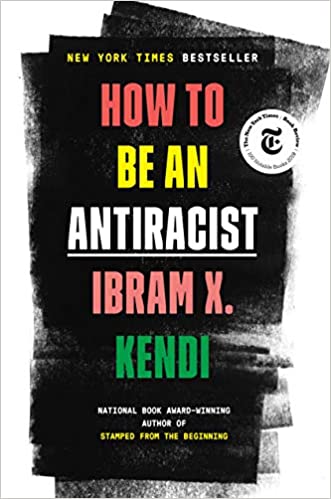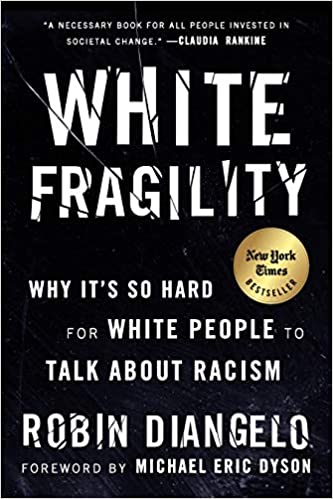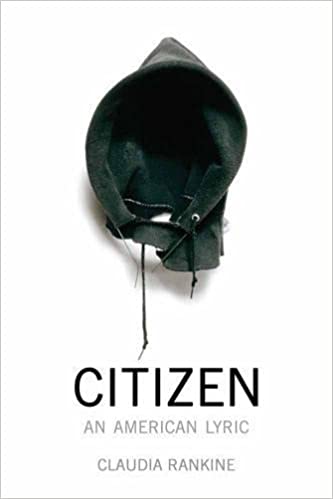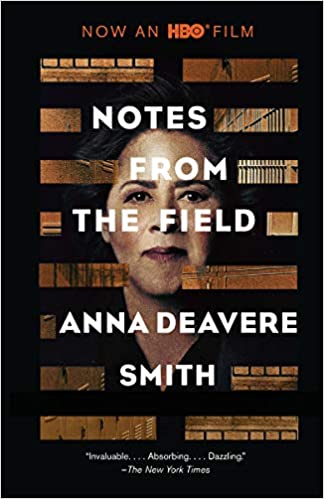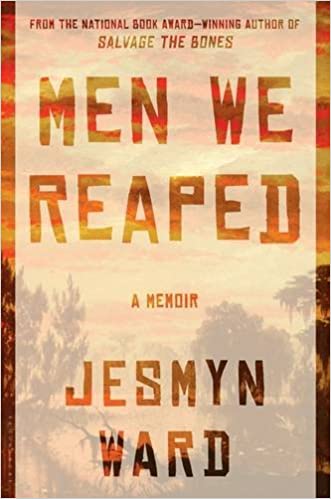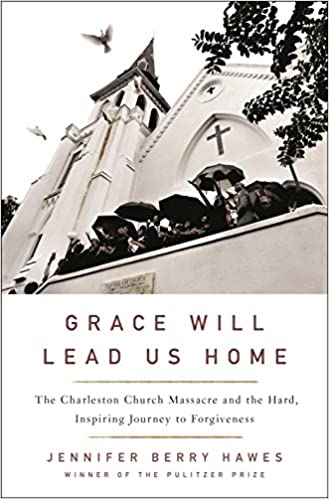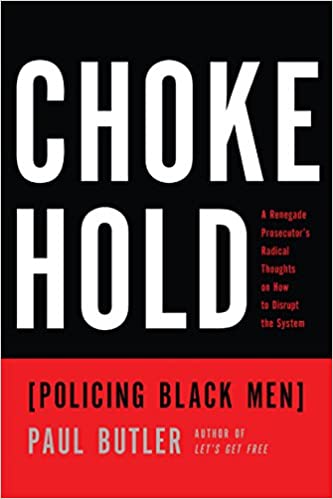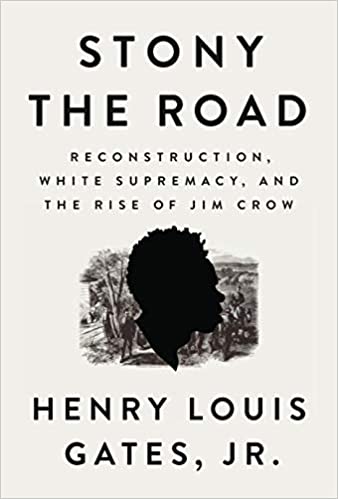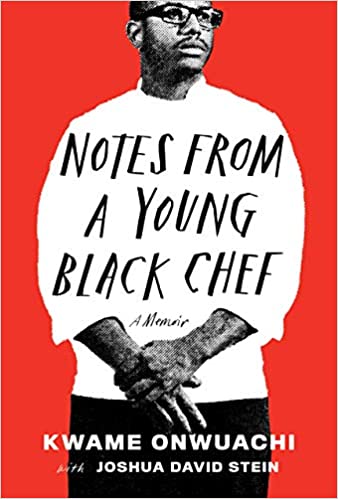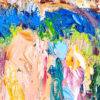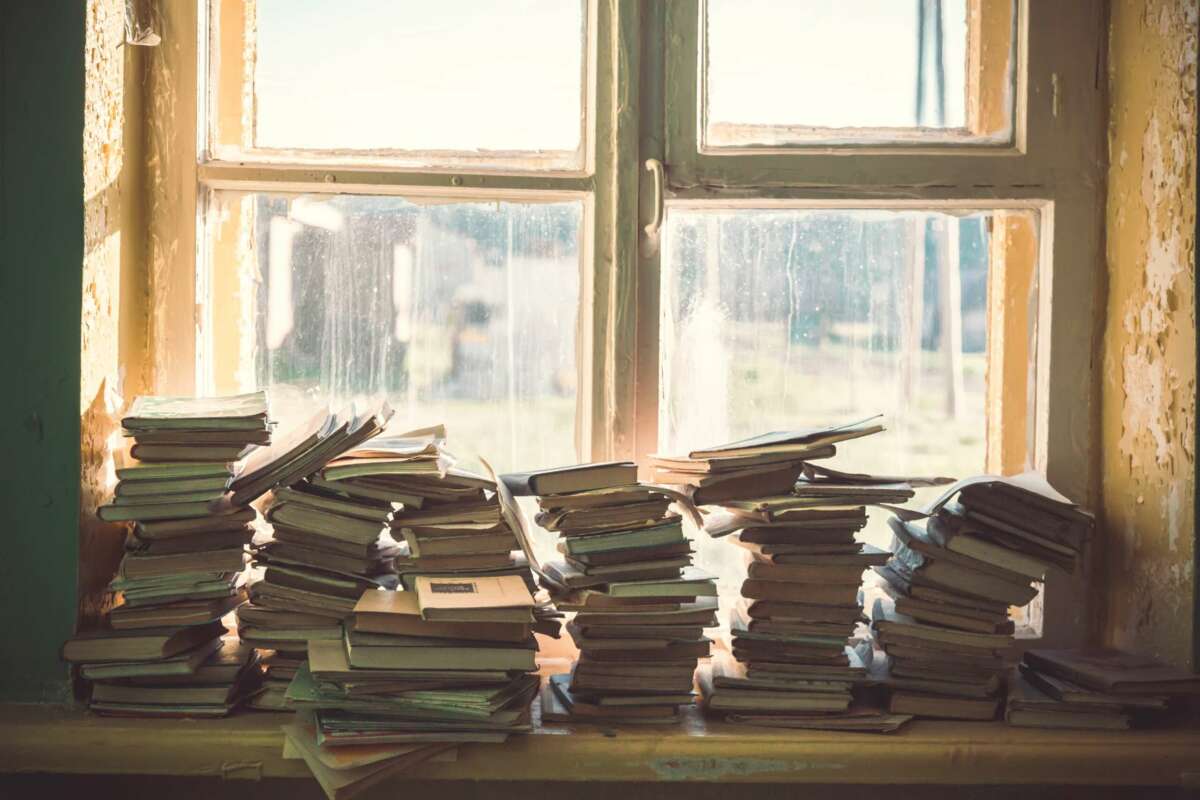Many people right now are looking for ways to build their understanding of the black experience in America. Reading a book or two may not be the best (and certainly not the only) way to do so – but it’s a fine place to start. Here’s our curated list of books about the history and current affairs of race and racism in America, and the Black Lives Matter movement in the United States. They may spark some thinking, and lead to some difficult conversations, and foster the hard work that remains to be done.
The Best Books Now about Black Lives and Race in America
As a black woman who has lived her entire life in America, born and raised in Detroit, with two black parents reared in the Jim Crow South and a black brother who lives in Minneapolis; a black husband; and three black children, I have a unique set of lived experiences that inform my views about what it’s like to be black in America.

The best books right now about the history of race in America and the Black Lives Matter movement.
As a result, friends who are not African-American often ask me what to read to better understand race and racism in America, the Black Lives Matter movement and the urgent need for criminal justice reform.
[white_box]Join our community
For access to insider ideas and information on the world of luxury, sign up for our Dandelion Chandelier newsletter. And see luxury in a new light.
sign up now >
[/white_box]
Honestly, reading fiction might be the very best way to understand more deeply the centuries-old emotional trauma and violence endured by black people in America. At a future date, we’ll share a list of novels that may help you walk in the shoes of African-Americans at various moments in U.S. history.
But if you’re more inclined toward non-fiction, here are 20 books that feature voices that are thoughtful, knowledgeable, provocative and clear. Simply reading a book or two won’t solve our issues.
But it’s an excellent place to start.
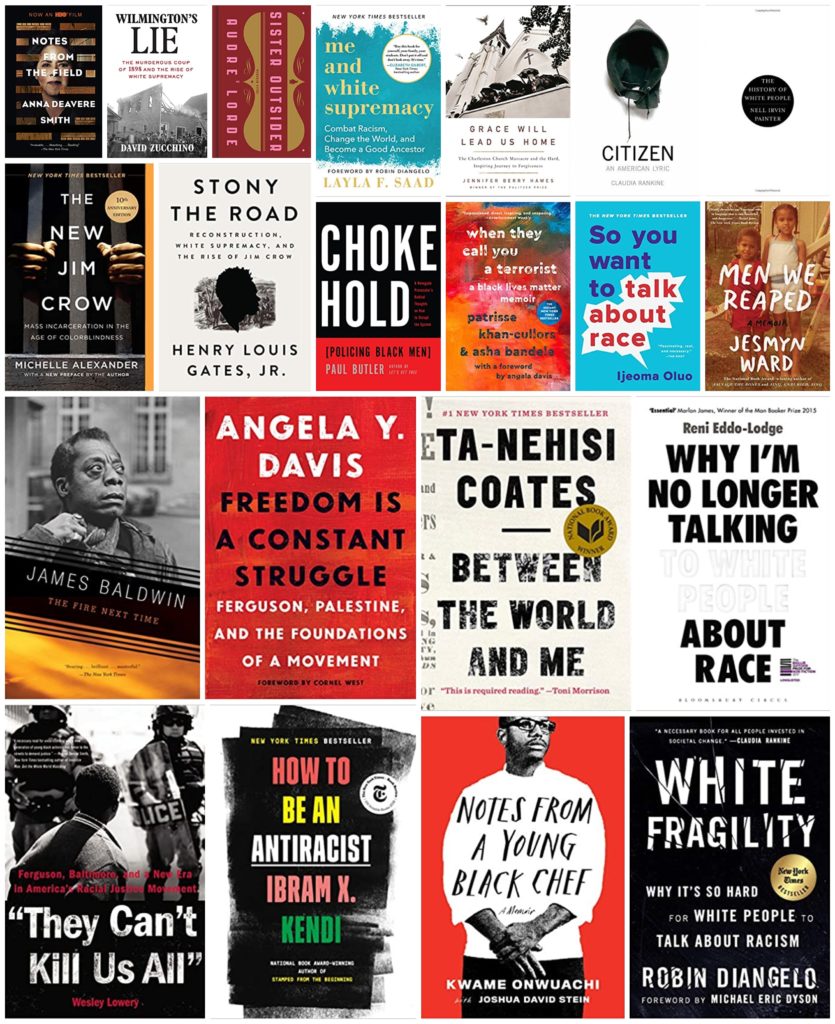
The best books right now about the history of race in America, Black Lives Matter and becoming anti-racist.
1. How to Be an Antiracist by Ibram X. Kendi.
If you read only one book about how to think about the current state of race relations in America and how you can personally take steps to make the nation a better place, make it this one. The author takes readers through a definition of what racism is, and how one might become antiracist. It’s a way to start seeing racism and other forms of bias and discrimination clearly. To understand their lethal consequences. And to start the path toward effectively oppose them – in our hearts and in our government.
2. White Fragility by Robin DiAngelo.
In the widely-acclaimed White Fragility: Why It’s So Hard for White People to Talk About Racism, the author unpacks the counterproductive reactions that many white people have when their assumptions about race are challenged. And how these reactions help maintain racial inequality. Feelings of anger, fear, and guilt – followed by arguing or silence snuff out the possibility of genuine conversations and deeper understanding. It ends on a hopeful note with suggestions about how to engage in this fraught topic in a productive way.
[white_box]Related Post
the most powerful civil rights museums in America
read more >
[/white_box]
3. Citizen by Claudia Rankine.
We’re making an exception to the all non-fiction list for the marvelous volume Citizen. This book-length poem won the 2014 National Book Critics’ Circle Award for Poetry. It’s a powerful method of helping readers actually feel how racism renders some citizens invisible and powerless. And how the concept of being a “citizen” is not just a legal category, it’s a societal construct. Her most important message? Being a true citizen means having a sense of responsibility to others. The Washington Post describes it as “a dazzling expression of the painful double consciousness of black life in America.” One of the most haunting lines is this one: “Because white men can’t/ police their imagination/ black men are dying.”
4. The Fire Next Time by James Baldwin.
Published on the eve of the centennial of the Emancipation Proclamation in 1963, The Fire Next Time is a foundational must-read in order to understand race in America. Taking the form of two essays, one a letter to his then 14-year-old nephew, the author speaks with precision and power about systemic racism in the United States. The New York Times describes it as “sermon, ultimatum, confession, deposition, testament, and chronicle.” The title is drawn from a line in an African-American spiritual entitled “Mary Don’t You Weep”: “God gave Noah the rainbow sign; no more water, fire next time.”
[white_box]Related Post
celebrating black fashion designers you need to know
read more >
[/white_box]
5. Notes from the Field by Anna Deavere Smith.
Utilizing research and visits to four American cities circa 2014-17, Notes from the Field illuminates what it was like to be black in the era in which Black Lives Matter was born. Using people’s own words, Smith depicts Rev. Jamal Harrison Bryant, who eulogized Freddie Gray, who dies in police custody in Baltimore. Niya Kenny, a high school student who confronted a violent police deputy. And activist Bree Newsome, who took the Confederate flag down from the South Carolina State House grounds. Her meticulous research and their voices bear witness to racism and violence —and call us to action.
6.
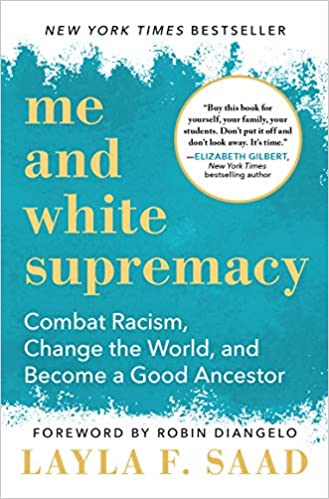
Me and White Supremacy: Combat Racism, Change the World, and Become a Good Ancestor by Layla F. Saad. It all started with an Instagram challenge. After a post went viral, the author set out to take readers on a 28-day journey, complete with journal prompts, to do the necessary and vital work that can ultimately lead to improving race relations. Awareness leads to action, and action leads to change.
7.

When They Call You a Terrorist: A Black Lives Matter Memoir by Patrisse Khan-Cullors and asha bandele. In 2013, when Trayvon Martin’s killer went free, Patrisse’s outrage led her to co-found Black Lives Matter with Alicia Garza and Opal Tometi. Condemned as terrorists, the women persevered, founding a hashtag and a movement to demand accountability for police misconduct and violence against black people. This is their story.
[white_box]Related Post
books about the most influential black female artists
read more >
[/white_box]
8.
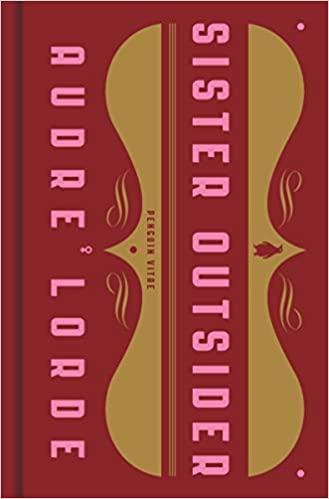
Sister Outsider by Audre Lorde. In one volume, you’ll find many of the essential non-fiction writings of the iconic black lesbian poet and feminist writer. It’s a powerful way to better understand how intersecting sources of oppression affect our lived experiences. This collection of fifteen essays and speeches reflects Lorde’s struggles against racism, sexism and homophobia, and ultimately offers messages of hope. The essay entitled “The Master’s Tools Will Never Dismantle the Master’s House” should be required reading. In Lorde’s own words, this is a call to “never close our eyes to the terror, to the chaos which is Black which is creative which is female which is dark which is rejected which is messy which is…”
9.
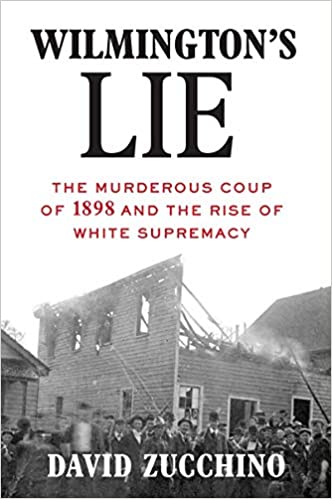
Wilmington’s Lie: The Murderous Coup of 1898 and the Rise of White Supremacy by David Zucchino. The Pulitzer Prize-winning author provides a heartbreaking account of the Wilmington riot and coup of 1898, an extraordinary event unknown to most Americans. In the 1890’s, Wilmington was North Carolina’s largest city and a shining example of a mixed-race community, a bustling port city with a burgeoning African American middle class. But 1898, white supremacists rolled out a carefully orchestrated campaign that included raucous rallies, race-baiting editorials and newspaper cartoons, and sensational, fabricated news stories.
That fall, more than 2,000 heavily armed rioters forced city officials to resign at gunpoint and replaced them with mob leaders. Prominent blacks―and sympathetic whites―were killed or banished. Houses and offices were burned to the ground. The brutal insurrection is a rare instance of a violent overthrow of a duly elected government in the U.S. It’s a story every American should know.
10.
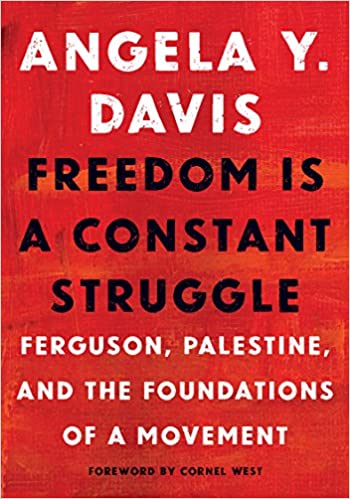
Freedom Is A Constant Struggle by Angela Davis. essays, interviews, and speeches, world-renowned activist and scholar Angela Y. Davis illuminates the connections between struggles against state violence and oppression throughout history and around the world. challenges us to imagine and build the movement for human liberation. And in doing so, she reminds us that “Freedom is a constant struggle.”
[white_box]Related Post
the best places to travel for Martin Luther King Jr. Day
read more >
[/white_box]
11.
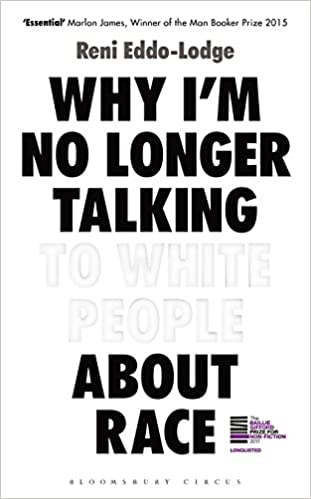
Why I’m No Longer Talking to White People About Race by Reni Eddo-Lodge. It began with a 2014 blog post addressed to those who refused to recognise the structural racism of British society, to those who “truly believe that the experiences of their life as a result of their skin colour can and should be universal.” It’s a dramatic recognition of what she calls “white denial”
12. Men we Reaped by Jesmyn Ward.
Well-known for her fiction, in Men We Reaped the novelist shares the true-life stories of the deaths of five young men dear to her. It becomes a mediation on the risk of being a black man in the rural South. Ward came to see that he brother and her friends died because of who they were and where they were from. The weight of racism and economic struggle that fosters drug addiction and the dissolution of family and relationships ended the promise of 5 lives in 5 years.
13.
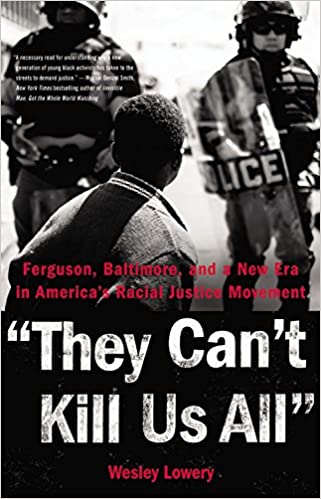
They Can’t Kill Us All: Ferguson, Baltimore, And A New Era In America’s Racial Justice Movement by Wesley Lowery. The author, a Washington Post writer, traveled to Ferguson; Cleveland; Charleston and Baltimore to uncover what it was like to live in some of the most heavily policed, if otherwise neglected, corners of America. He examines the cumulative effect of decades of racially biased policing in segregated neighborhoods with failing schools, crumbling infrastructure and too few jobs. It’s a reminder of the pain of the losses and the quest for justice in the deaths of Michael Brown, Tamir Rice, and Freddie Gray.
[white_box]Related Post
our top picks of books to read on Martin Luther King Jr. Day
read more >
[/white_box]
14.

The New Jim Crow: Mass Incarceration In The Age of Colorblindness by Michelle Alexander. analyses the rebirth of a race-based caste in the United States: millions of Americans are locked behind bars and relegated to second-class citizenship by the criminal justice system. The title refers to the similarities between the mass incarceration of African-Americans and the “Jim Crow” laws that enforced racial segregation following the Civil War.
15.
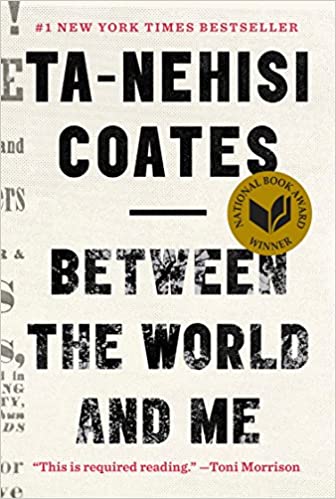
Between The World And Me by Ta-Nehisi Coates. In the format of a letter to his son, the author excavates the American idea of “race,” a false construct that ultimately damages everyone, but falls most heavily on the bodies of black women and men. What is it like to inhabit a black body and find a way to live within it? And how can we all honestly reckon with this fraught history and free ourselves from its burden?
16.
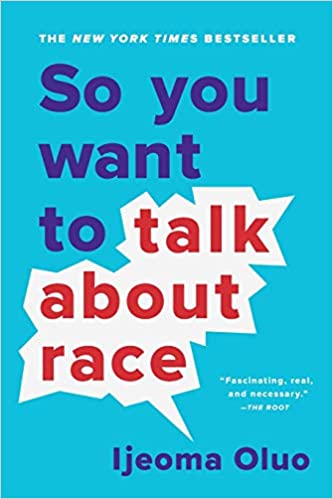
So You Want to Talk About Race by Ijeoma Oluo. This is an engaging and practical guide for readers of all backgrounds about how to productively discuss race in America. Through subjects ranging from intersectionality and affirmative action to “model minorities,” this is way to foster honest conversations about race and racism, and how they infect almost every aspect of American life.
[white_box]Related Post
anna deavere smith and the essence of the American spirit
read more >
[/white_box]
17. The History of White People by Nell Irvin Painter.
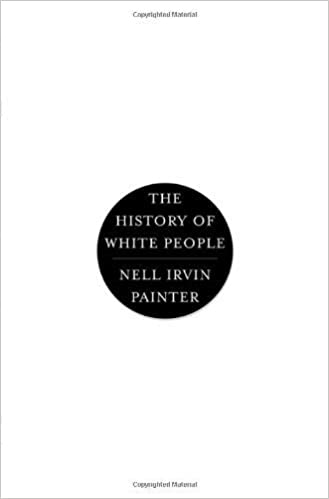
In The History of White People, the author explores the idea of whiteness throughout history, beginning with ancient Greece and continuing through the beginning of scientific racism in early modern Europe to 19th- through 21st-century America.
18. Grace Will Lead Us Home by Jennifer Berry Hawes.
Grace Will Lead Us Home: The Charleston Church Massacre and the Hard, Inspiring Journey to Forgiveness is a chronicle of the 2015 Charleston massacre. And its aftermath. Nine innocent black people were murdered at the Mother Emmanuel A.M.E. Church. A Pulitzer Prize-winning journalist takes us on painful journey through the events and emotions that emerged in the wake of this horrific crime. This is the story of how, beyond the headlines, a community of people began to heal.
19. Chokehold by Paul Butler.
In Chokehold: Policing Black Men, a former federal prosecutor explains how the criminal justice system really works. And how to disrupt it. He argues that current efforts to reform law enforcement will not create lasting change. And offers provocative recommendations about how to “crash the system.” It’s a unique perspective that’s a valuable addition to the national debate about policing, criminal justice, and race relations.
[white_box]Related Post
the black culture guide to the best of Martha’s Vineyard
read more >
[/white_box]
20. Stony the Road by Henry Louis Gates, Jr.
In Stony the Road: Reconstruction, White Supremacy, and the Rise of Jim Crow, the head of the African-American Studies Department at Harvard shares the gripping story of African-Americans’ struggle for equality after the Civil War. And the violent counter-movement against it. It’s a heartbreaking chapter in American history that is too little understood. A moment of hope and possibility that was crushed by hatred and violence. It begins with the Emancipation Proclamation, Union victory, and the liberation of nearly 4 million enslaved African-Americans. It ends in a paroxysm of lynching and destruction of property. What happened and who was held accountable – or not – is vital in informing how we got to where we are today.
21. Notes from a Young Black Chef by Kwame Onwuachi.
By the time he was twenty-seven years old, Kwame Onwuachi (winner of the 2019 James Beard Foundation Award for Rising Star Chef of the Year) had opened—and closed—one of the most talked about restaurants in America. In Notes From a Young Black Chef, he tells of being forced to grapple with just how unwelcoming the world of fine dining can be for people of color. And how he has begun to find his place in the world as a black man.
The Best Books Now about Black Lives and Race in America
That’s it. A wide-ranging selection of books about the history and lived experiences of black people in America, the origin of the Black Lives Matter movement and more. We hope that it will be a useful step in your journey to better understanding the issues we currently face. And most importantly, what the path to a better day might look like.
join our community
For access to insider ideas and information on the world of luxury, sign up for our Dandelion Chandelier Newsletter here. And see luxury in a new light.
